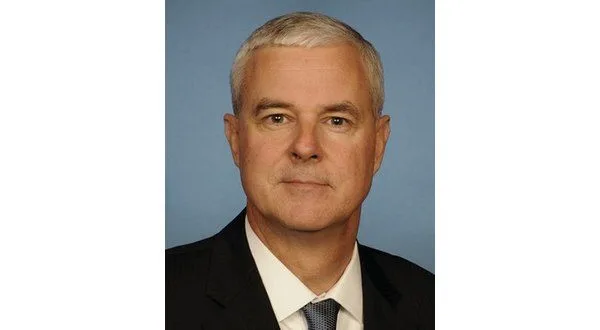
In this week’s recap of the activity in Washington, Arkansas’ District 3 U.S. Rep. Steve Womack gives updates on the budget reconciliation process, a bill he reintroduced (the Local Radio Freedom Act) and his continued position as Chairman of the West Point Board of Visitors. Here’s Congressman Womack with his Comment from the Capitol.
Listen:
Transcript:
This is Congressman Steve Womack with comment from the Capitol. Finally, action in the House! This week, the House Budget Committee, which I had the privilege of chairing a few years back, marked up the budget resolution which unlocks the process by which we will try, and let me emphasize try, to pass a reconciliation bill to extend the Trump tax cuts, to deal with the border, and boost military spending.
Sounds easy, huh? I mean, who could argue that preventing a huge tax increase on the American people, or significantly improving border security, Or taking care of our men and women in the military isn’t a noble and desirable outcome. Well, as they say, the devil’s in the details. The reason this reconciliation bill is necessary is due to the fact that even though Republicans control both branches of Congress and the White House, there’s this little thing called a filibuster in the Senate that gives the minority party, in this case the Democrats, leverage.
When you do reconciliation, you bypass the filibuster. And only need a simple majority to pass. But there are rules. Among them, you can’t touch the benefits of Social Security. Though you can adjust or eliminate its taxation. Can’t put language in it that isn’t tied to revenue, spending, or debt. They call that the Byrd Rule.
And you can’t add to the deficit outside the 10 year budget window. That’s why some of the 2017 tax provisions expire this year. So Thursday, after months of wrangling over How to do all this finally came to a head and the committee advanced the resolution. That was the easy part. In the Resolution, the House tasks several committees to find spending cuts, let’s call those savings, to help finance the provisions that will cost more.
So, Armed Services, as an example, cannot increase the deficit by more than 100 billion. Homeland Security can’t increase the deficit by more than 90 billion. Judiciary is limited to 110 billion. And Ways and Means, the tax writers, Can’t increase the deficit by more than four and a half trillion, that’s with a T.
All the other directives to the remaining committees require cuts. The big one is energy and commerce. They’ll have to find savings of 880 billion. That’ll be a tough sale depending on where they cut. Education and workforce has to cut 330 billion. Ag, 230 billion. So the resolution is approved, and now the work begins.
While most of my colleagues are anxious to get the work started, Hard feelings could result when we find out what cuts are being proposed and how they impact our members. So, step one is done. Stay tuned for the remainder. One other note on reconciliation. The Senate was getting frustrated with the House on delays in getting to the resolution.
So, Lindsey Graham, who chairs a Senate Budget Committee, drafted a skinny resolution dealing with border security in the military, not the Trump tax cuts. That’s in conflict with what the House is now doing. We’ll see how all this plays out. Frankly, we really don’t need a fight between House and Senate Republicans.
Anything that could divide us should be avoided at all costs. I hope we can keep our eye on the prize. This week, I introduced the Local Radio Freedom Act. It’s a bipartisan bill that acknowledges the tremendous role Our local radio stations play in our respective districts. Specifically, it opposes more performance fees that these stations have to pay.
They pay enough. I’m hopeful we can get this one across the finish line this year. Finally, a word about the Service Academy Board of Visitors. You’re aware that I chair the board at West Point. A Trump tweet this week suggested that all the members of the boards of visitors were replaced. Fact is, the president only controls a half dozen members on these respective boards.
The others are members of the House and the Senate, like me, and serve at the pleasure of the House and Senate leadership, not the president. So, I’m still on the West Point board, and still the chairman. Hope you’ve had a great week. Next week is a district work period. I’ll be making my rounds throughout the district and I hope to see you somewhere along that path.
As always, I invite your views. This is Congressman Steve Womack with comment from the Capitol.
WebReadyTM Powered by WireReady® NSI










